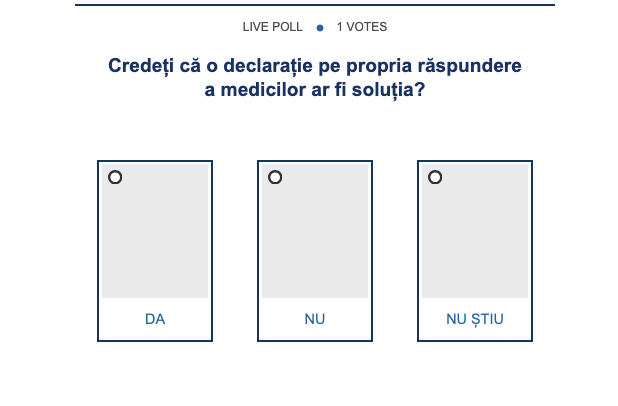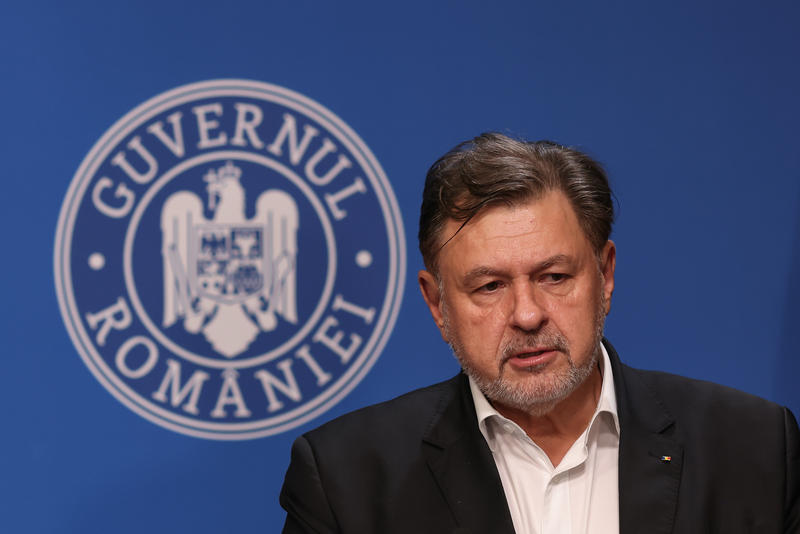Romania's governing coalition led by the Social Democratic Party (PSD) is hurrying up with its plans to change key laws for the functioning of the justice system, despite outcry from the civil society, associations of magistrates and international organisations, who see the move as an attempt to subdue the judiciary politically. The bills may pass a special commission in the Parliament this week and be voted by the joint chambers of the Parliament within ten days, political sources have told HotNews.ro.
Several sources said the three bill - on the statute of magistrates, on the functioning of the Supreme Council of Magistrates (CSM) and on judiciary organisation - may this week pass a special parliamentary commission, which was put up to "streamline" the legislation on the functioning of the judiciary. Within another 10 days, they would be voted by the joint chambers, despite having received negative reviews from the CSM and associations of magistrates, who have called for their withdrawal.
PSD deputy Florin Iordache, head of the special commission, confirmed for HotNews.ro that the bills on justice would be on the commission's table on Wednesday and "maybe they're ready by Thursday or Friday".
The PSD leadership decided to hurry up with the adoption of the bills - which may be joined by another changes to the Criminal Code and the Criminal Procedure Code next week - when they held a meeting in Baile Herculane resort late last week.
According to parliamentary sources consulted by HotNews.ro, the procedure to introduce the changes is a simplified one, meaning they would not be discussed in judiciary commissions. The three bills coming out of the special commission would first go to the House of Deputies, where they'll wait for possible amendments for five days. The amendments will go back to the special commission, which is due to vote them. The commission will deliver a report, due to be followed by a vote in the House of Deputies.
The procedure is to be repeated in the Senate, followed by a final vote in a plenary session of the Parliament. This may happen within 10 days since the special commission first delivers them for debate.
The President of Romania may have his say on the changes within 20 days. If he disagrees with the adopted form of the bills, he may send them back to Parliament once. The Parliament does not have to take the president's opinion into account. If it votes them again, the head of state is forced to adopt them.
The President and the opposition have one more theoretical way to challenge the bills - by challenging them to the Constitutional Court.




















